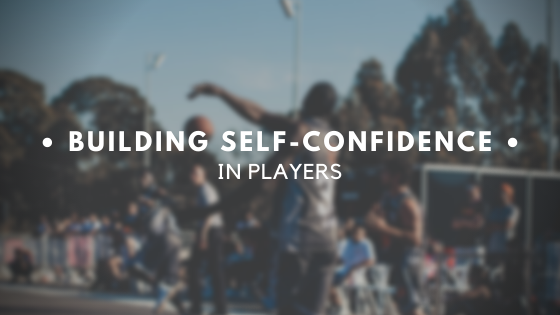Maintaining a positive mindset throughout the ups and downs of basketball is crucial for players who want to see their game excel, and, perhaps more importantly, for those who want to continue having fun playing this sport. It’s easy to lose sight of the bigger picture when players are feeling down about their individual performances or experiencing a string of team losses. However, teaching them to exude confidence and positivity can fend off these negative thoughts. The trick is knowing what skills are effective and what are no more than band-aid solutions.
As Lindsey Wilson, Co-Founder of Positive Performance Mental Training Zone, states, positive self-talk can obviously improve a player’s confidence, and thus, their performance. However, it has been found that what you say exactly and when you say it can have different effects. Think of it as catering to the many different play styles and skill sets of your players when coming up with drills during practice. Each player will respond differently depending on their individual talents much like they will react differently to certain words of affirmation.
For players to develop positive mindsets and build confidence within themselves, there are a number of tactics that can be implemented to help. To start, addressing yourself as ‘you’ in your mind rather than ‘I,’ as unnatural as that may feel at first, can be highly effective as a motivational voice. Reframe negative thoughts to statements more along the lines of something a coach or teacher would say. For example, instead of telling yourself “This is too hard,” try saying “This is an opportunity to challenge yourself and try something new.”
Positive self-talk can be broken down into four specific categories, those being calming, instructional, motivational, and focus.
- Calming: Telling yourself to take a deep breath and relax.
- Instructional: Going over specific actions or drills in your head, such as arching your wrist at the end of a shot.
- Motivational: Encouraging and reassuring yourself that you can do this.
- Focus: Keeping yourself void of distractions and telling yourself to focus on the task at hand.
As a basketball coach, teaching your players to speak to themselves positively and build self-confidence is a crucial part of your job. Lindsey Wilson said it best when she stated that this should not be a focus on positive/negative, but rather good/bad self-talk and what is the most productive for an individual player.


